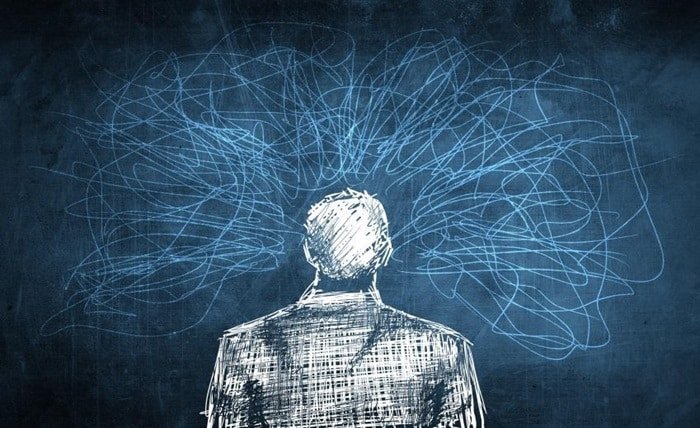In life, every decision we make carries weight, shaping the course of our future in ways we often can’t predict. From choosing a career path to deciding where to live, the choices we face can be daunting. While logic and reason play crucial roles in guiding us, there’s another, often overlooked, element in decision-making: intuition.
Intuition is that inner voice, the gut feeling that nudges us in one direction or another. It’s not always based on concrete evidence or logical reasoning, yet it has a remarkable ability to lead us toward outcomes that align with our true desires and values. Many people dismiss intuition as unreliable, preferring to base their decisions on data and facts. However, intuition is not the opposite of rationality; rather, it complements it, adding depth to our decision-making process.
The most successful individuals often speak of moments when they trusted their instincts despite the odds. They didn’t always know why they were making a certain choice, but they had a sense that it was the right one. This blend of intuition and logic is what makes decision-making an art, rather than just a science.
For instance, consider the moment when you have to choose between two job offers. On paper, one might seem like the better option—higher salary, better benefits. But something about the other position just feels right. It might be the company culture, the people you met during the interview, or simply a gut feeling that this is where you belong. In this scenario, placing a bet on your intuition could lead to greater long-term satisfaction, even if the logical choice seems more lucrative.
Trusting your instincts doesn’t mean disregarding logic. It means allowing both intuition and reason to guide you, particularly when the path ahead is unclear. Life is unpredictable, and sometimes, the information we have is incomplete or misleading. In such cases, intuition acts as a compass, pointing us in the direction that feels right, even when we can’t fully explain why.
In conclusion, decision-making is a complex process that requires balancing both rational thought and intuition. While it’s essential to analyze the facts, it’s equally important to listen to your inner voice. Trusting your instincts can lead to decisions that resonate with your authentic self, even when they defy conventional wisdom. So, the next time you find yourself at a crossroads, remember that sometimes, the best choice is the one that feels right in your heart.





